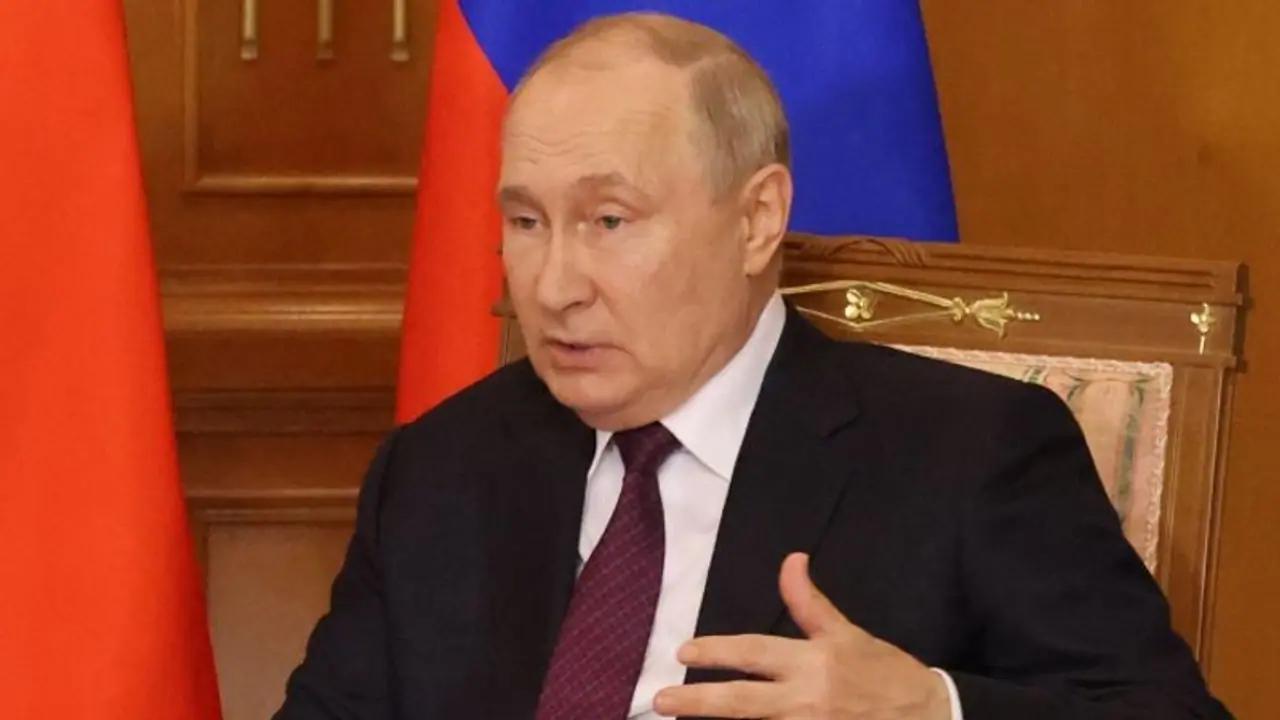The setting of March 17, 2024, as the date for Russia's presidential election marks a crucial milestone in the nation's political calendar. As the anticipation builds around Vladimir Putin's potential candidacy, the political landscape is poised for activity and speculation.
Russia's upper house of parliament has officially scheduled March 17, 2024, as the date for the upcoming presidential election, a contest where it is widely anticipated that President Vladimir Putin will seek another term. While the political landscape awaits the official announcement, it is widely anticipated that Vladimir Putin, a dominant figure in Russian politics since 1999, will participate in the election for another six-year term.

During a live televised meeting, senators unanimously endorsed the election date, a move described by Valentina Matvienko, the head of the chamber, as one that "practically kicks off the presidential campaign." The decision signals the formal commencement of preparations for the election, including candidate nominations, campaign strategies, and public engagement.
As of now, Vladimir Putin has not officially declared his intention to participate in the upcoming election. However, given his enduring influence and the absence of a serious challenger, many anticipate his candidacy. Putin has been a central figure in Russian politics, serving as either prime minister or president since 1999. A recent constitutional change has paved the way for Putin to run for another term, further fueling speculation about his political future.
The constitutional amendment, allowing Putin the opportunity to run for re-election, has been a subject of discussion and scrutiny. Critics argue that such changes concentrate power in the hands of a single individual, while supporters contend that it provides stability and continuity in leadership. The absence of a prominent challenger at this stage reinforces Putin's political standing, but it also raises questions about the state of political competition and diversity in Russia.
The election is scheduled to occur two years after Russia initiated what it termed a "special military operation" in Ukraine in February 2022, leading to the annexation of Ukrainian regions including Lugansk, Donetsk, Kherson, and Zaporizhzhia.
Matvienko expressed that the election holds symbolic significance, framing it as a "culmination of reunification" for the aforementioned regions, aligning with the geopolitical events of recent years.
Despite the anticipation of Putin's participation, the political landscape may witness new developments as the election approaches. The absence of a clear competitor thus far does not discount the possibility of emerging candidates or shifts in political dynamics. Observers will closely monitor the unfolding events, both domestically and internationally, to gauge the evolving nature of Russian politics and its implications.
